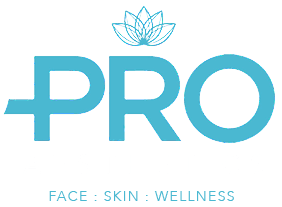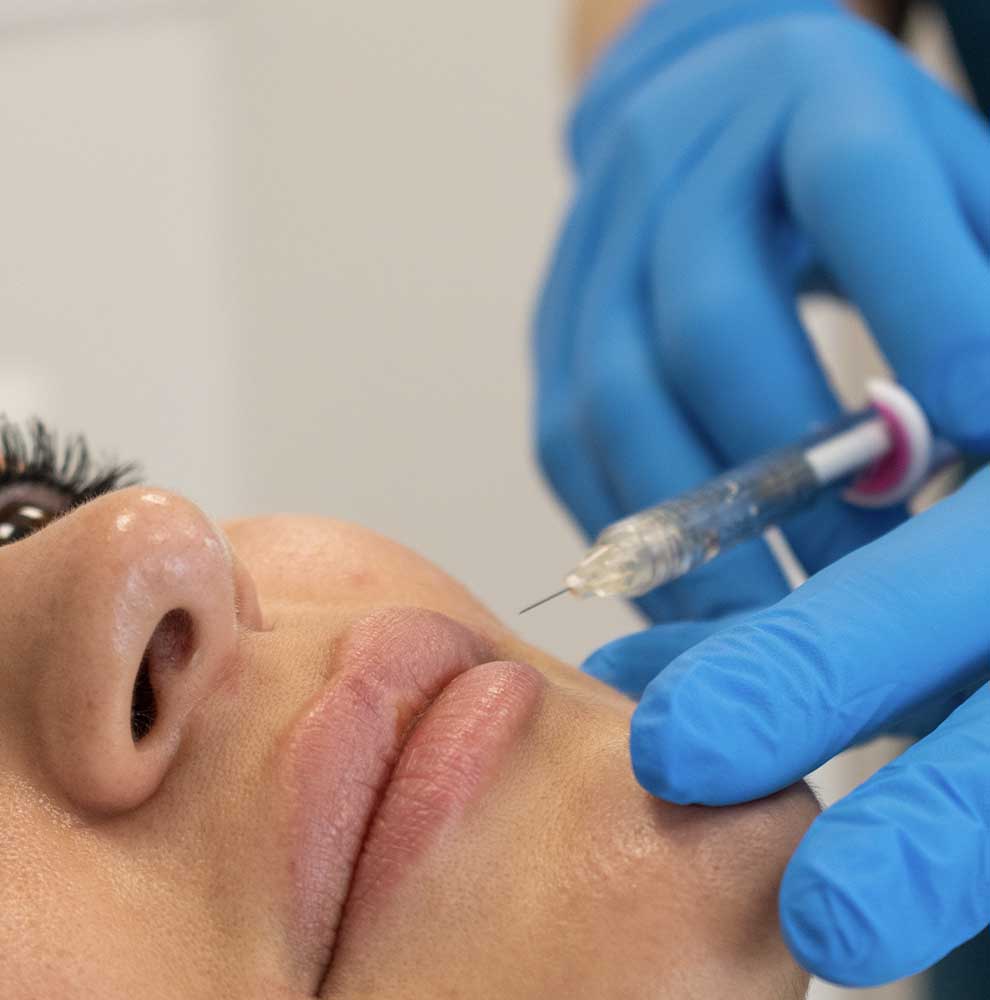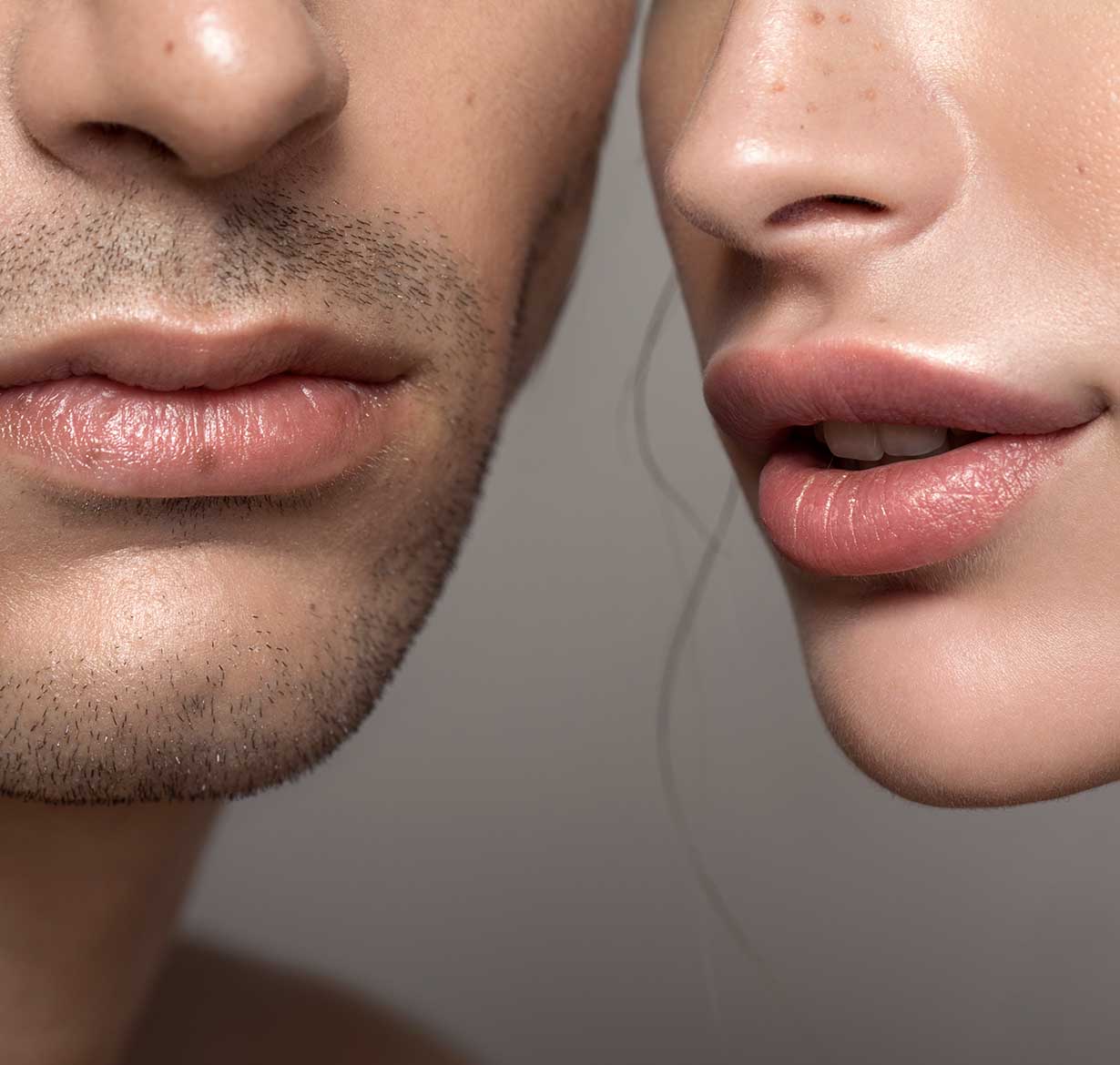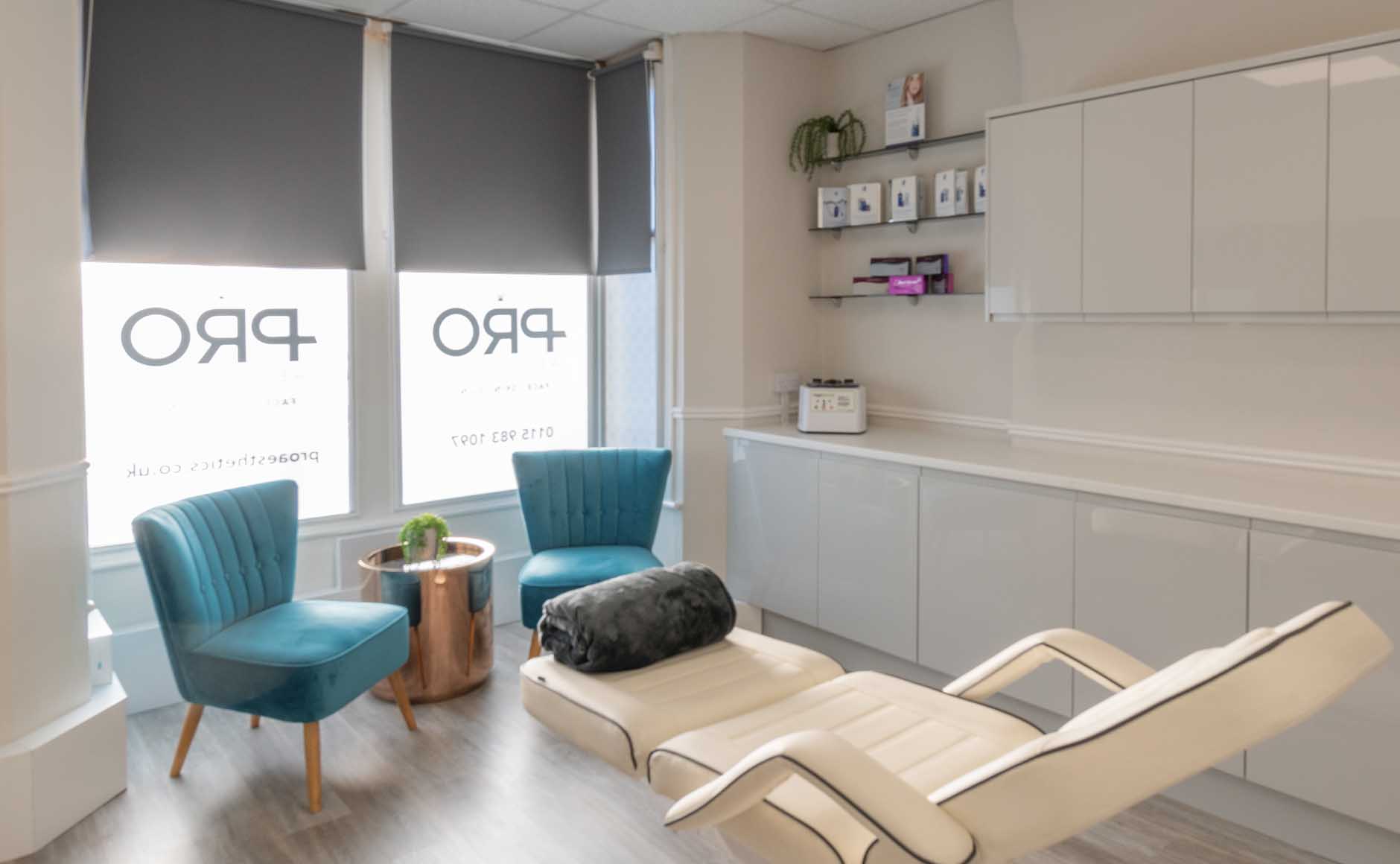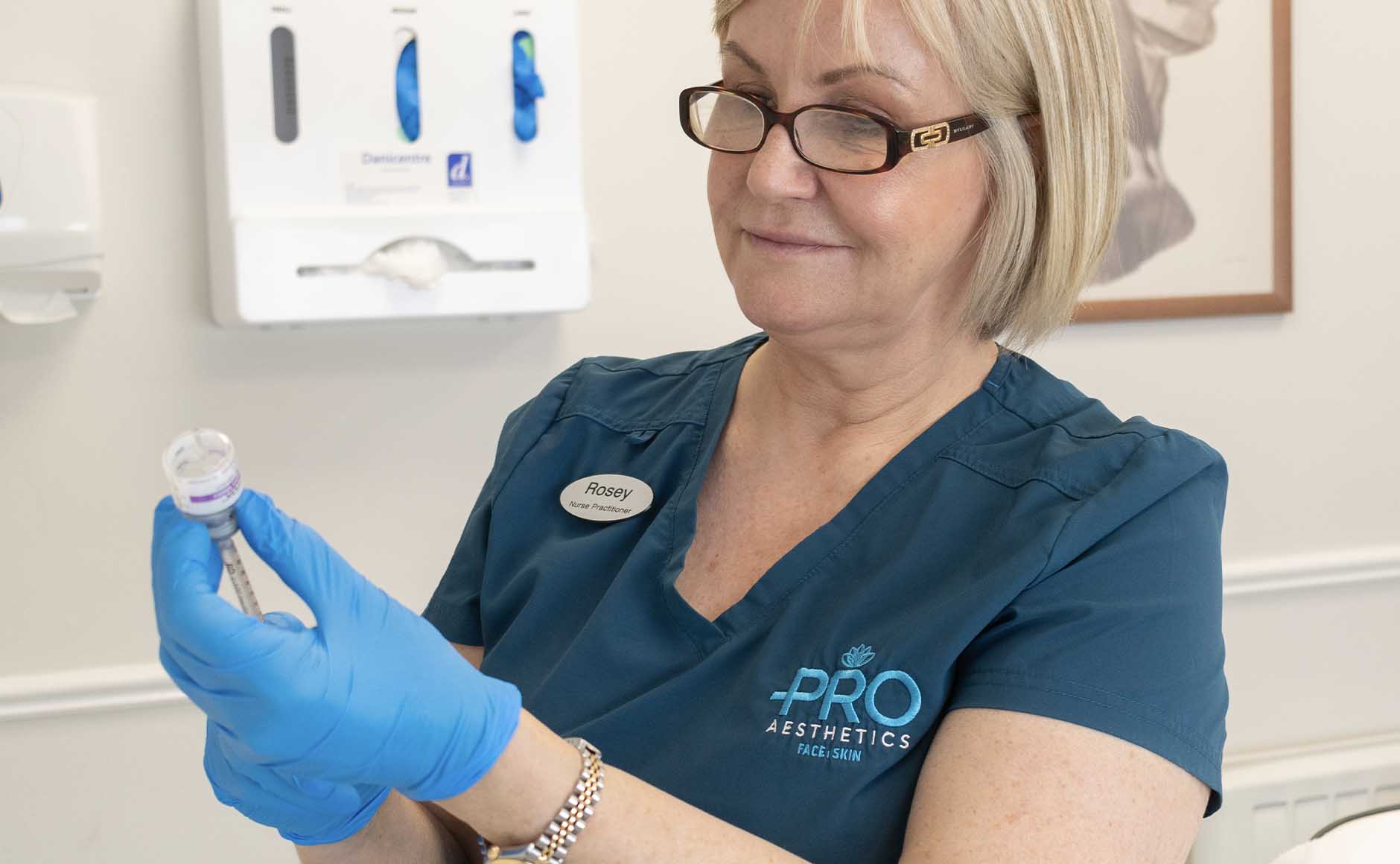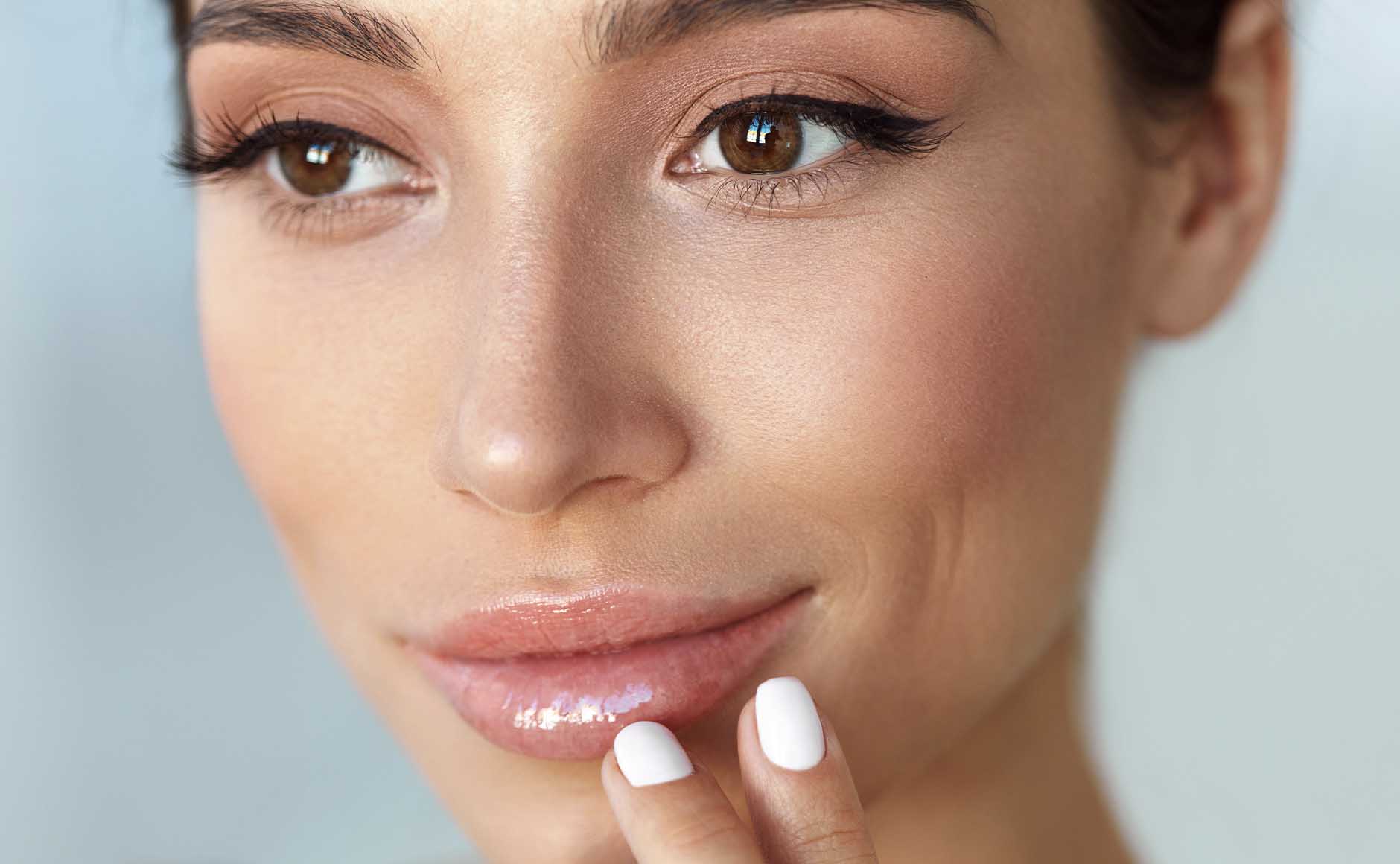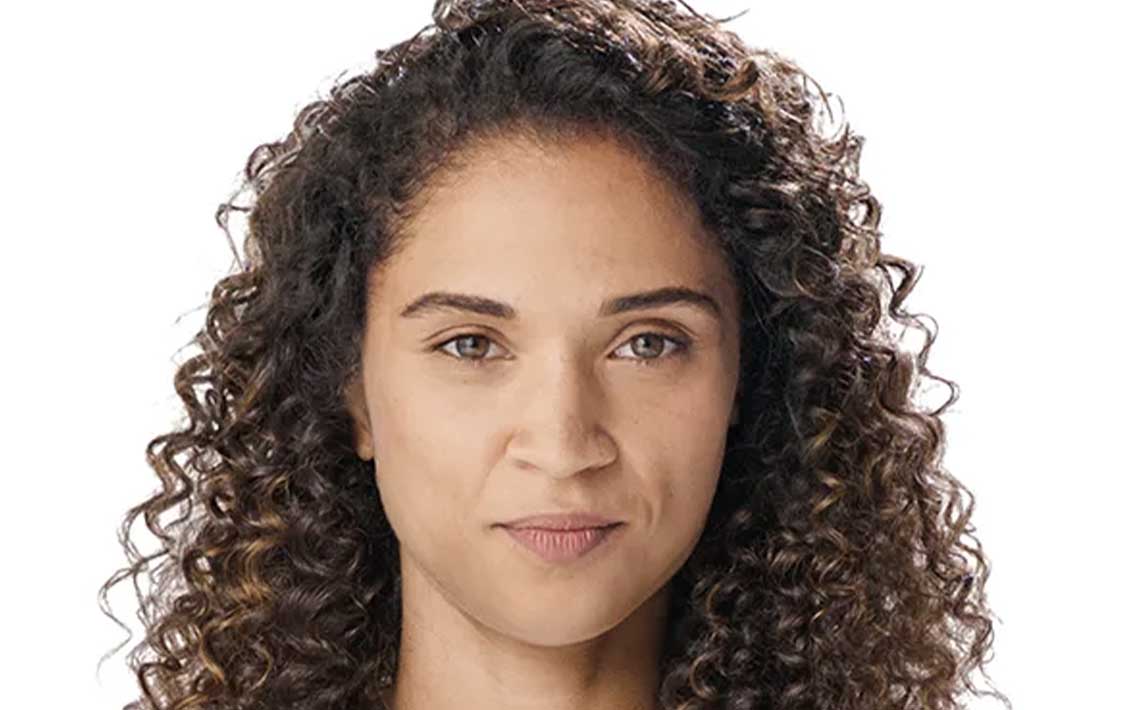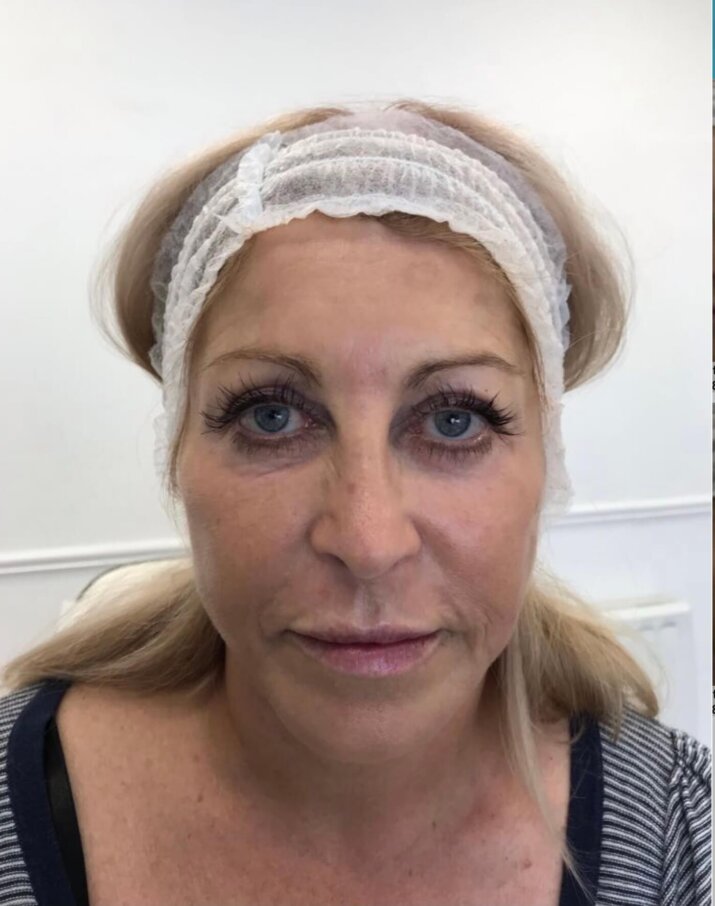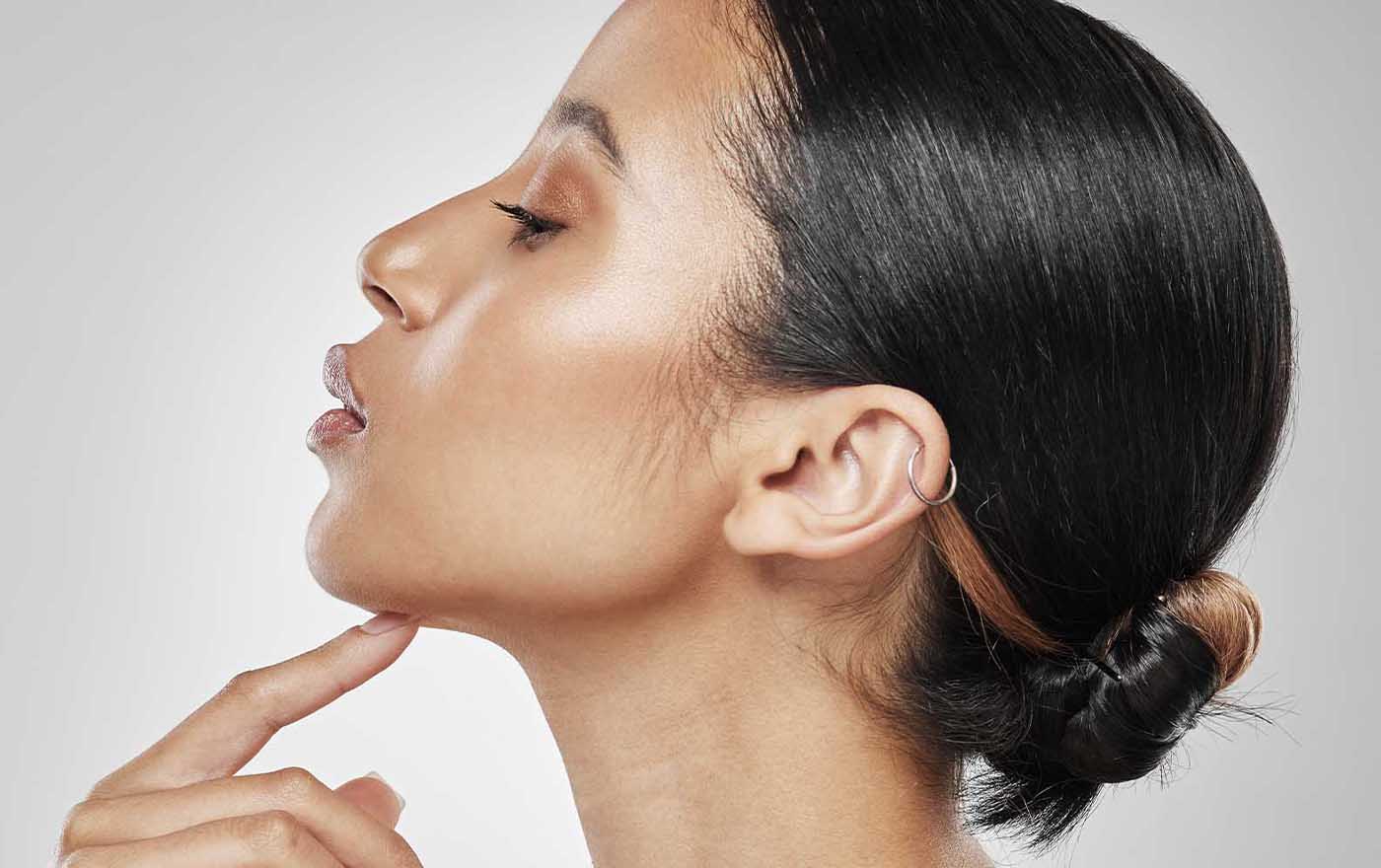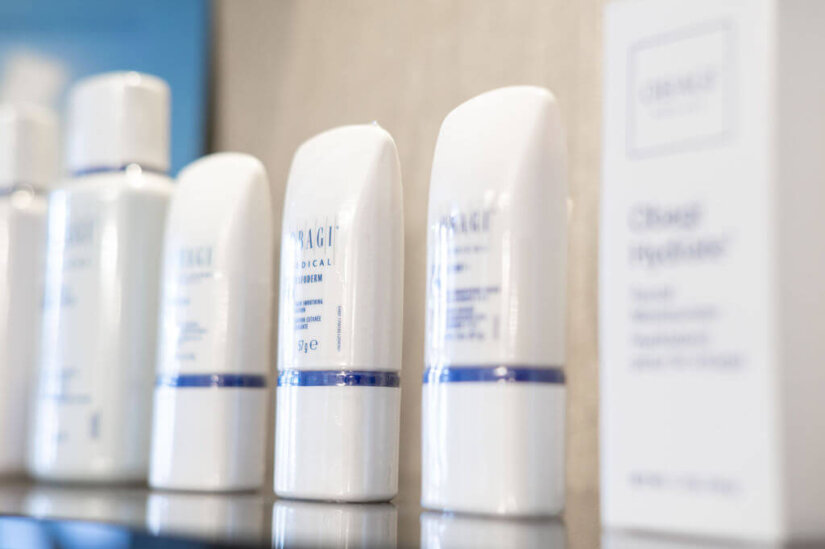-
How do lip fillers work?
Lip fillers are an injectable gel made largely from hyaluronic acid, a naturally occurring substance in our skin, joints, and tissues that supports skin laxity and bounce. The hyaluronic acid draws and retains water to the treated water, resulting in fuller and more defined lip shape.
-
Do lip fillers hurt?
The sensation will differ from client to client depending on your personal tolerance, but most clients find that they only experience a scratch with each injection. However, we use a topical numbing cream prior to treatment to minimise the sensation.
-
Which dermal filler brands do you use?
We use Juvederm as our trusted dermal filler brand, as their reputable range helps to achieve beautiful and natural-looking results.
-
How can I reduce the risk of bruising after lip filler treatment?
Bruising is normal after receiving non-surgical injectable treatments, but there are steps you can take leading up to and after your appointment to help reduce the risk of these being noticeable. The most important of these is to refrain from drinking alcohol for up to 48 hours before your appointment, and 48 hours after. This is because alcohol thins your blood and lessens its ability to clot, meaning any bruises under the skin could be more pronounced and darker.
-
How soon will I see the results of my treatment?
The effects of your treatment will be visible right away, although there may be some swelling and redness. As the swelling dissipates over the next couple of days, the final results will be revealed.
-
How long do lip fillers last?
Generally, you can anticipate seeing your results last for a period of 6 to 12 months, after which point you will need to undergo another treatment to maintain them. This depends on the natural rate at which your body breaks down and metabolises the filler, so some clients may not feel the need to ‘top up’ until around 15 months.
-
Who can perform lip fillers?
Technically, anyone can provide lip filler treatments, though this absolutely does not mean anyone should. Currently and legally you do not need to be a medical professional to provide this treatment, though it is widely agreed that this is not safe. Only medical professionals have the knowledge of your skin and biology to be able to perform these treatments safely, and are the best placed to help you manage any risks, concerns, or side effects. In trained hands, the risks and unanticipated side effects can be minimal, but in the unlikely event they occur, your practitioner will know how to help you manage these. We are also able to provide you with a higher quality result, as we have access to industry-leading training techniques and approaches that are made available only to qualified professionals.
-
How much does lip filler cost?
Our lip filler prices start from £275 for o.5-1ml. Adjustments to price are made depending on how much product and treatment time we need to achieve the client’s desired results. We only use reputable products such as Juvederm, and treatments are performed only by medical professionals. Please refer to our full price list for additional treatment information.
Lip fillers
1. Your
Consultation
Before treatment, our experienced practitioners conduct a detailed examination of the lips to assess their shape, symmetry, and volume. Additionally, your consultation will involve a detailed discussion of the procedure itself, including the types of fillers used, potential risks and complications, and the expected aftercare process — we always encourage you to ask any questions you may have.
